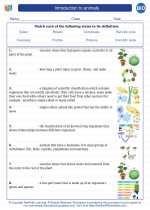Polymer
A polymer is a large molecule composed of repeating structural units called monomers. These monomers are covalently bonded to form long chains, and the process by which they are linked together is known as polymerization. Polymers can be natural or synthetic and are essential in our daily lives, as they are used in a wide range of materials and products.
Natural Polymers
Natural polymers are found in living organisms and include substances such as proteins, cellulose, and DNA. These polymers play crucial roles in biological processes and are biodegradable, making them environmentally friendly.
Synthetic Polymers
Synthetic polymers are human-made and are widely used in various industries. Examples of synthetic polymers include plastics, synthetic fibers, and rubber. These polymers are often designed to have specific properties such as strength, flexibility, and durability.
Study Guide
- Define polymer and explain the concept of monomers and polymerization.
- Compare natural and synthetic polymers, providing examples of each.
- Discuss the impact of polymers on everyday life and the environment.
- Explain the structure-property relationships in polymers, highlighting the importance of molecular structure in determining material properties.
- Explore the role of polymers in biological systems, focusing on the significance of natural polymers in living organisms.
Understanding the concept of polymers is fundamental in the field of biology and has far-reaching implications in various industries and scientific research.
.◂Biology Worksheets and Study Guides High School. Introduction to animals
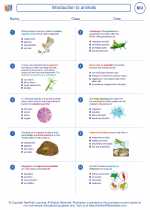
 Worksheet/Answer key
Worksheet/Answer key
 Worksheet/Answer key
Worksheet/Answer key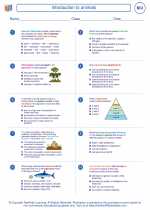
 Worksheet/Answer key
Worksheet/Answer key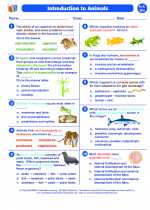
 Vocabulary/Answer key
Vocabulary/Answer key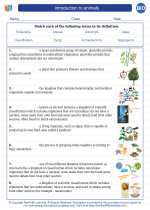
 Vocabulary/Answer key
Vocabulary/Answer key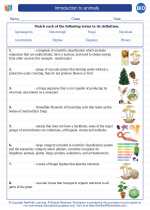
 Vocabulary/Answer key
Vocabulary/Answer key